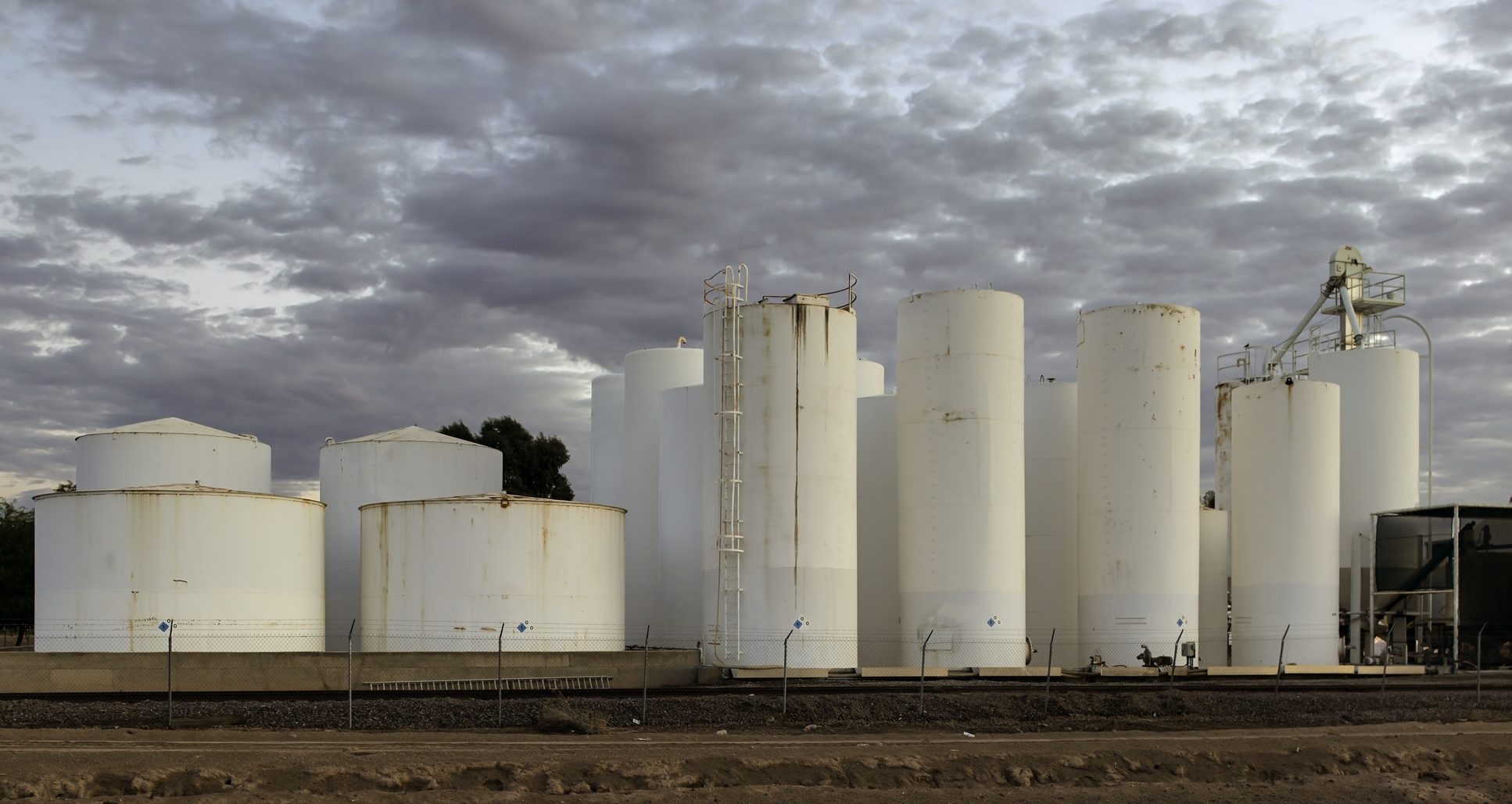Where to find financing for development activities to increase competitiveness?
The chemical industry is one of the strategic sectors in the Polish economy. With its key role in mind, we need to pay more attention to the challenges that the whole sector is facing. They include e.g. the so called fourth industrial revolution (Industry 4.0), digitisation, automation, circular economy or minimisation of environmental impact.
The success of chemical industry companies does not only depend on internal factors, such as building competitive advantage and caring for constant development, but also on the market situation. This includes e.g. volatile resource prices on the global markets or increasing importance of foreign producers. Since competition on the chemical market is huge, companies from that sector should focus on new investments and on R&D projects in order to increase their attractiveness for potential investors and customers.
Our projects for the chemical industry

We advise our clients on how to optimise operations and we offer comprehensive consulting services in the following areas:
- innovation financing: R&D tax relief, IP Box, subsidies
- tax on real property, real property tax settlement on new investments and cost segregation
- labour costs: accident insurance premium, PFRON (State Fund for Rehabilitation of Disabled Persons) contributions
Ayming’s experience – real property tax in the chemical industry
What distinguishes real property in the chemical industry is that asset components were created at different times. On the one hand, most of them are buildings that were constructed in the 1970s and 1960s or even earlier, which do not have any valid surface area inventory or construction documentation. On the other hand, chemical companies use advanced installations that allow them to use modern production technologies. The challenge here is to classify such installations to the right tax category.
Companies often classify the whole installations as building structures which results in taxation based on their value. Meanwhile, installations can be composed of many elements with only some of them classifiable as building structures. This significantly changes the amount of real property tax due.
In the chemical industry irregularities in the declared taxable amount are often due to the fact that staircases and lift shafts are often added to the usable area of a building. Sometimes companies do not specify for tax purposes those areas which have the clear height between 1.4 m and 2.2 m, where only 50% of that area should be included in the tax basis.
The chemical industry also uses storage areas where finished products that do not require any special conditions are kept. For this purpose entrepreneurs use sheds or roofings which often do not have all the statutory characteristics of a building, namely: being permanently fixed to the ground, being separated from the surrounding space by wall barriers, being based on foundations, having a roof. Incorrect classification of this kind of facilities results from the fact that entrepreneurs use outdated regulations which often results in overpaid real property tax.


